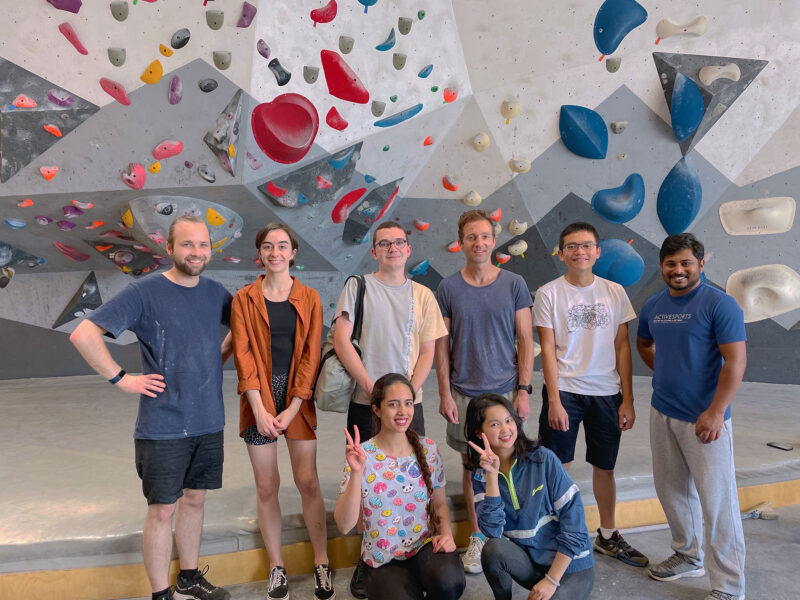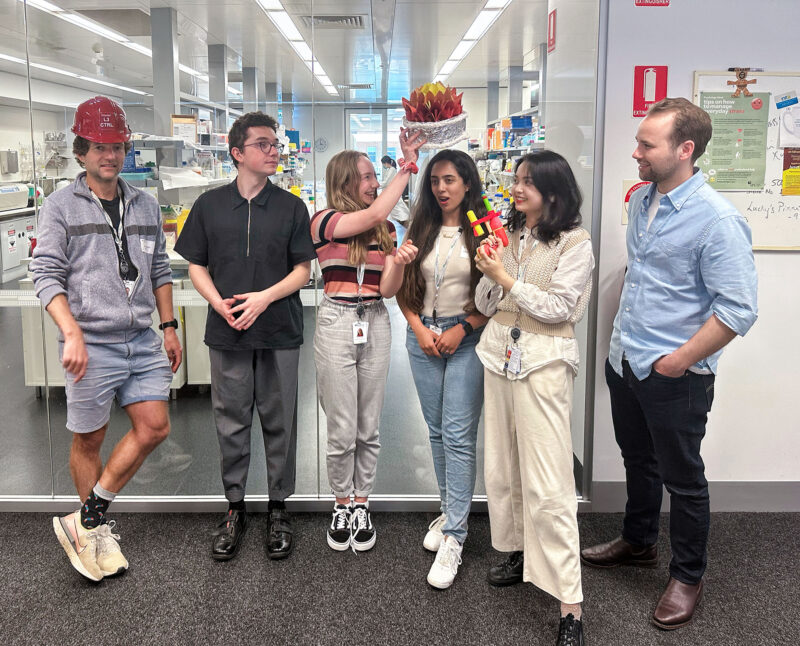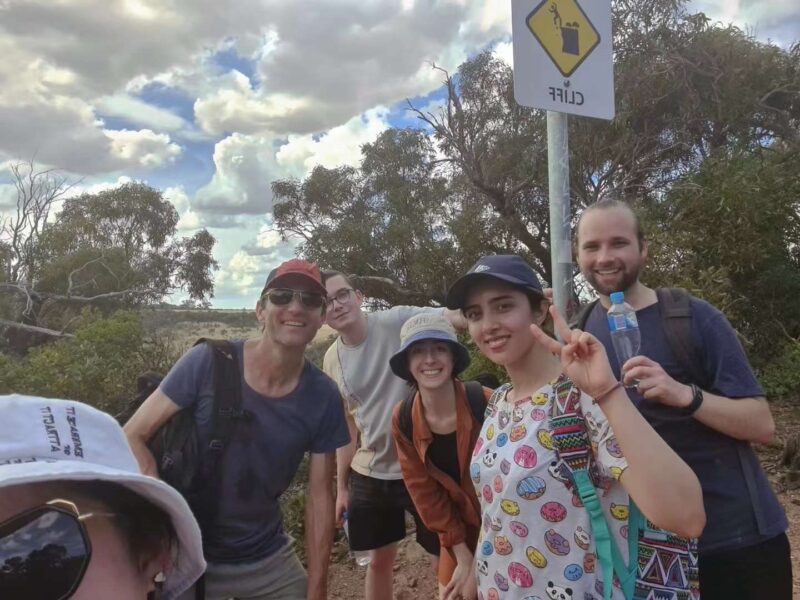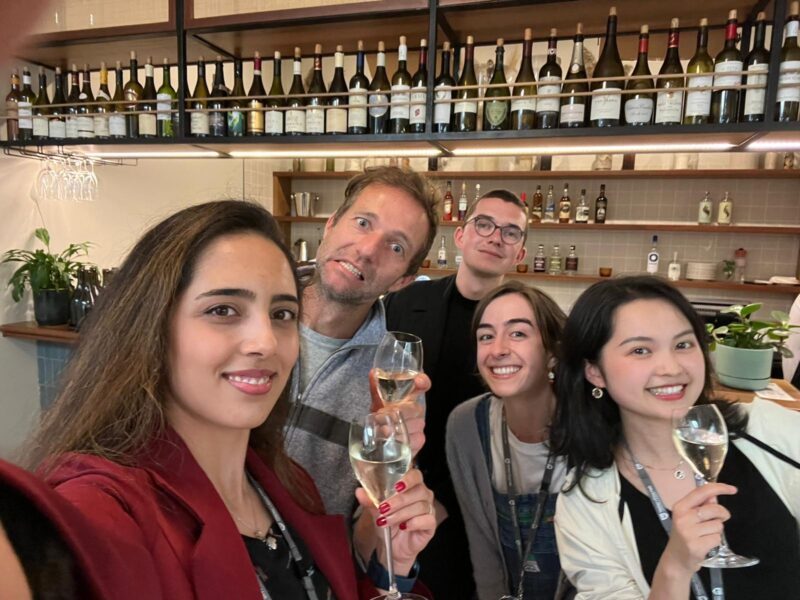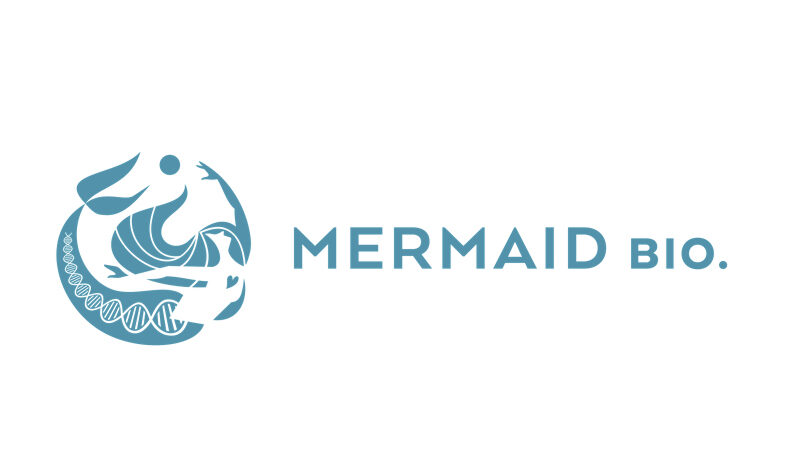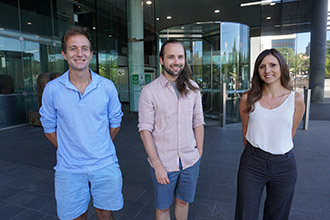We strive to create an inclusive and collaborative lab environment where everyone, from undergraduate students to senior post-docs, has the freedom to ask questions and pursue the science they are passionate about.
Past members of our lab include undergraduate students who have gone on to undertake PhDs or teaching positions, PhD students who have completed post-docs abroad at world-leading institutes, and post-docs who have gone on to start their own laboratories or pursue careers in clinical practice.
We aim to perform the best science possible by forming deep collaborations with other groups with diverse expertise. These include labs within WEHI, such as those led by James Murphy, Edwin Hawkins, Ian Wicks, Rebecca Feltham, Joanna Groom, Sandra Nicholson, John Silke and Seth Masters (WEHI) and laboratories outside of WEHI from Monash Univeristy (Thomas Naderer, Ana Traven), The Hudson Institute (Kate Lawlor, Jaclyn Pearson), the Olivia Newton John Research Centre (Marco Herold), Tel Aviv University (Motti Gerlic), Freiberg University (Olaf Gross) and the Technical University of Munich (Monica Yabal).
In addition, studies are often conducted with biotech companies, such as Mermaid Bio., GSK and Tetralogic Pharmaceuticals, where we aim to exploit our discoveries through the application of new therapeutic molecules.



